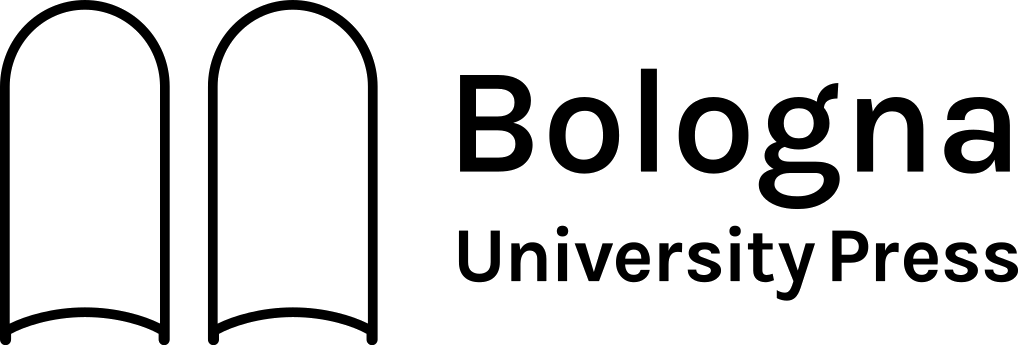Abstract
Property owners are being forced to increase the energy efficiency of their buildings. Besides energy efficiency the indoor environmental quality (IEQ) of a larger part of Dutch primary school buildings is insufficient. This affects the performance, productivity and health of students and staff, and additionally has monetary consequences for school boards. The inability to achieve healthy, energy efficient buildings is largely explained by a lack of knowledge and experience in building renovation by school boards. The objective of the study is to provide school boards of primary schools with decision support tools to provide more insight in the technical, financial and organizational opportunities of renovation of school buildings. It is expected that this will lead to better balanced school buildings in terms of People (Indoor Environmental Quality), Planet (energy efficiency), and Profit (costs) and will contribute to a better work and learning environment for staff and students. Applied research methods are a literature review, semi-structured interviews, desk research, expert meetings, a focus group and design. Expert meetings were organized to get input for the design ofa decision flow chart. Both were tested by members of school boards. It was found that the tools provides more insight in the renovation decision-making process and opportunities to renovate the school buildings. By raising problem awareness about the indoor environment, the decision support tools are also expected to contribute to an improved IEQ in renovated school buildings. . The research was the basis for the development of a web tool for school boards: “Decision tree sustainable renovation primary and secondary school buildings”, published by Netherlands Enterprise Agency (RVO), design and consultancy firm Arcadis and the ‘Green Deal Scholen’.









